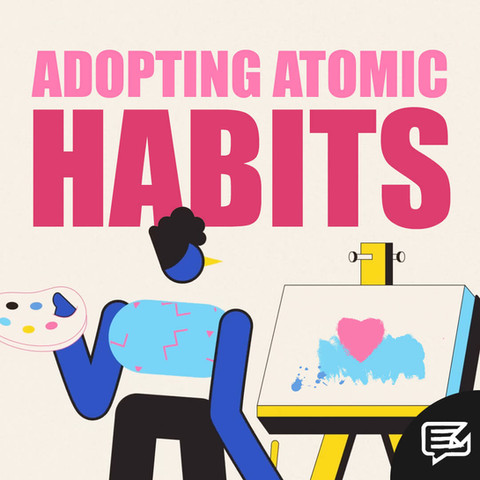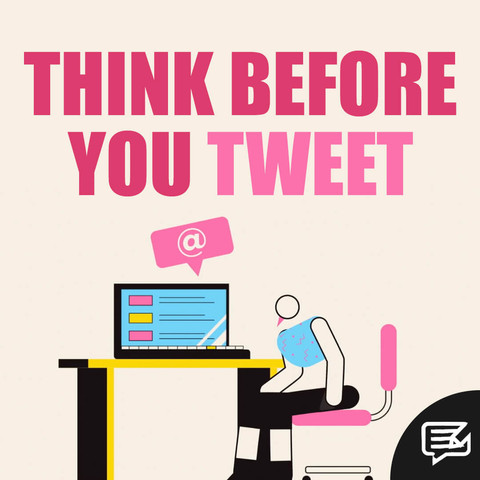
05.12.20
THE FUTURE OF THEATRE
Fancy a night out with a meal and a West End play? Great, how’s your diary looking for this time next year?
I don’t envy the London dating scene right now - or ever, for that matter. It’s hard enough to meet new friends, let alone find someone to embark on a relationship with. Throw a global pandemic into the equation - complete with face masks, social distancing and closed venues - and you’re looking at a long list of logistics before you can even say “hello”.
But what of the closed venues?



I can only imagine the Capital’s theatre district is a ghost town. I picture The Specials crammed in their Vauxhall as they drive by darkened landmarks; torn ticket stubs from the “good old days” congregating in the gutters as they pass through. Scarier than that, however, is the thought of seven grown men squeezing into a Cresta without personal protective equipment.
Who would have thought it could get any worse than a Britain helmed by Mrs Thatcher? Not me. And yet here we are: suffering the worst recession of any G7 country and the highest excess death rate in Europe. Bravo Boris! You and your party have outdone yourselves.
In the circumstances, it wouldn’t be a total surprise if the theatre industry were to collapse completely, at least in the short-term. On top of strict “COVID compliant” measures that will be required to re-open – whenever that may be - the entertainment sector must also tackle changes in customer behaviour.
Even the most avid theatregoers are unlikely to feel 100% comfortable with the prospect. Is it safe to travel? Will other audience members be respectful of the rules? How clean can the theatre actually be? How will a half-empty auditorium affect the atmosphere?
Thankfully, there is hope on the horizon – in the form of artificial intelligence.
In July, The Blackpool Gazette published an article detailing how the city’s Grand Theatre plans to transform the theatre experience in the post-COVID era:
"Artificial intelligence (AI) and high-tech data tools will change the way audiences enjoy a trip to see a show or panto. They will allow guests to boost tickets from their smart phones and devices using the likes of Amazon’s Alexa – and even see heatmaps of the busiest – and quietest – bars to pick up a drink or snack during show intervals."
The Grand – which celebrated its 126th birthday this year – and The Barbican Centre in London are believed to be the only two theatres in the country using AI to battle back from the enforced closure of lockdown.
James Akers, technology champion for Arts Council England, highlights how embracing such technology could prove imperative to moving forward:
"The journey to reopening is an opportunity to test out new ideas and approaches. Start small and review your current processes.
What takes up a lot of staff time? What training would be useful? What could you do if you had more resources?
"We have already seen some organisations take huge strides - the next stage of matching artificial intelligence to box office systems is incredibly exciting as this takes it beyond simple marketing messaging to actually enhancing the user experience and building a deep connection with audiences."
Whilst the idea of simpler booking processes, cashless transactions and shorter queue times all sound positive, a key question remains: will it be fun?
On 23rd July, soul singer Beverley Knight played the first ever socially distanced show at The London Palladium, which saw the application of stringent safety measures including one-way systems, anti-virus fogging machines and temperature checks.
Forming part of a scheme from Culture Secretary Oliver Dowden to test the viability of indoor shows, Knight performed to just 500 fans – 1,500 short of capacity.
From photos of the event, it is clear to see how seriously the venue is taking its responsibility to visitors. At first, the rows of empty seats marked with “X” seem unsettling, maybe even a little sad...
But then again, LOOK AT ALL THAT SPACE. No passive aggressive manoeuvring for the middle armrest. Or loud tutting to stop the incessant natterers in front of you. Just a clear, uncompromised view of your favourite artist. What’s not to like? Risk of catching a deadly virus, aside – obviously.
For the most part, audiences are in the dark anyway. Literally. As long as the crowd can offer a rousing applause to fill the room, who cares if there’s a few empty seats?
But maybe I’m a little too optimistic. I’m sure the BBC’s Arts Editor Will Gompertz would think so, based on his review of Knight’s show:
"It was a strange affair.
"The social distancing worked well, in so much as we were so spread out (unless you'd bought a pair of tickets to sit together) that you'd need the vocal projection of Brian Blessed to communicate with your neighbour.
"The only snag with that is live entertainment is all about a sense of shared experience, which is pretty much non-existent in a huge auditorium with people scattered about like ships on the ocean. The net result was a feeling of watching a rehearsal rather than a show."
He concluded:
"Did the experiment work? Can a venue such as the Palladium manage the logistics of a socially distanced show? The answer to that appears to be yes.
"Will it be a template for the future? Beverley Knight and Andrew Lloyd Webber hope not, because as far as they are concerned it doesn't work artistically or commercially. So, it's hopeless really.
Was this test better than nothing? Yes. But then what's the point of testing something that is ultimately doomed to fail? The stark choice is simple: for most shows to go on, it will be a case of all or nothing."
It’s important to note, however, that Gompertz also dubbed Will Ferrell’s Eurovision Song Contest: The Story of Fire Saga “a thin, lame film… being neither funny nor clever” in his 2-star review. Anyone who has seen the hamster wheel scene, or revelled in the delights of Volcano Man and Jaja Ding Dong, will know that not to be true.
Perhaps it goes to show, sometimes you need to experience things first-hand before making your mind up.

























































